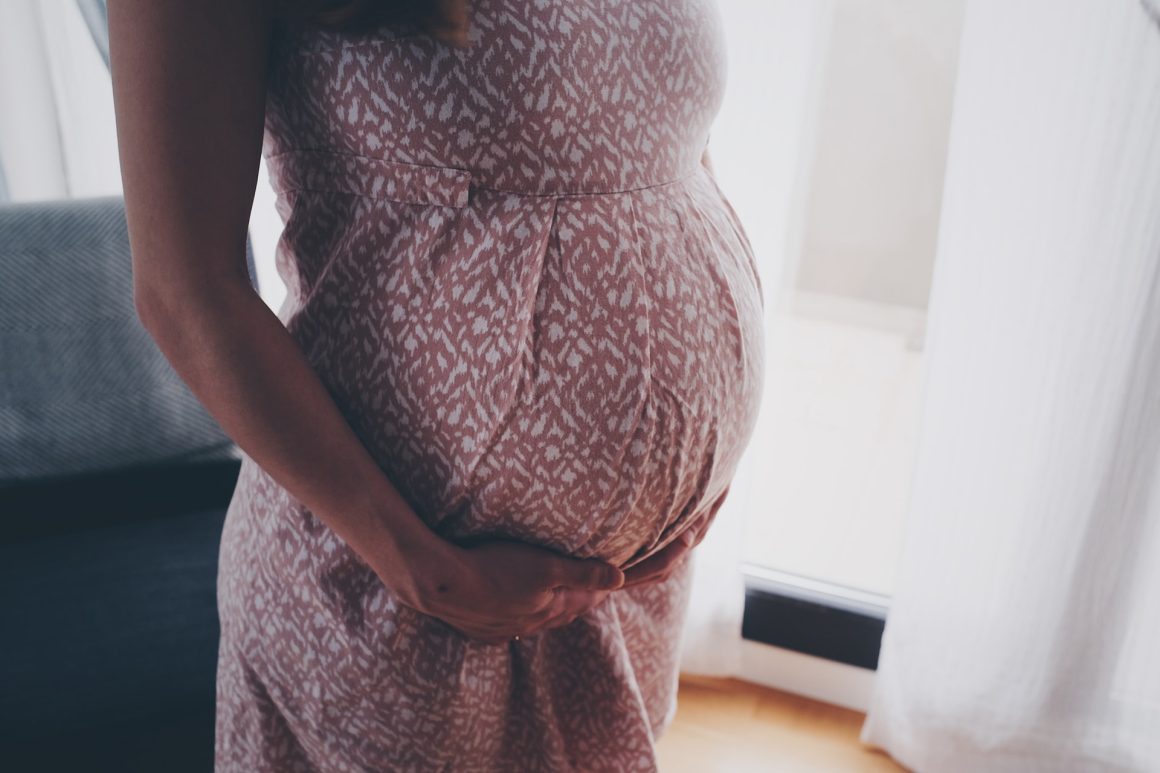Every human being experiences pain at some point in their life. It is a natural process that helps our bodies know when something is wrong. However, there are different types of pain and different levels of severity. Some pains go away on their own, while others require medical attention. When it comes to Memorial City pelvic pain, it is important to identify when the pain may be serious and require medical intervention.
Pelvic pain is defined as any pain or discomfort in the area between the belly button and the groin. This area includes the lower abdomen, pelvis, and reproductive organs. Pelvic pain can be sharp or dull, constant or intermittent. It can also be felt in the lower back, buttocks, or legs.
Pelvic pain may be caused by a variety of factors, including but not limited to:
- Infection: Pelvic pain can signify an infection, such as a urinary tract infection, sexually transmitted infection, or pelvic inflammatory disease.
- Pregnancy: In early pregnancy, pelvic pain is common as the ligaments supporting the uterus stretch, and the hormone relaxes and loosens the joints.
- Fibroids: Fibroids are non-cancerous growths that develop in the uterus. They can cause pelvic pain, heavy bleeding, and pain during sex.
These five situations are some of the ways to know if your pelvic pain is serious:
1. When the pain is severe or constant

It is difficult to find a comfortable position or carry out normal activities with severe or constant pain. The pain may be so severe that it prevents you from sleeping or concentrating. If the pain is accompanied by other symptoms, such as fever, chills, or vomiting, it is important to seek medical attention immediately.
2. When the pain is associated with other symptoms
Pelvic pain accompanied by other symptoms, such as fever, chills, or vomiting, could be a sign of a more serious condition and should be evaluated by a healthcare professional. Other symptoms accompanying pelvic pain include nausea, diarrhea, constipation, abdominal bloating, difficulty urinating, and blood in the urine and stool.
3. When the pain occurs during pregnancy

Pregnant women often experience pelvic pain, especially in the latter stages of pregnancy. It is due to the added weight and pressure on the pelvis from the growing fetus. However, if the pain is severe or constant, it could be a sign of a more serious condition, such as preterm labor, and should be evaluated by a healthcare professional.
4. When the pain occurs after a fall or injury
Suppose you experience pelvic pain after a fall or other type of injury. In that case, it is important to seek medical attention, as this could be a sign of a fracture or other serious injury. It is advisable not to ignore any pain but to get it checked out by a professional to rule out any serious conditions.
5. When the pain persists for more than a few days

If you experience pelvic pain that persists for more than a few days, it is important to seek medical attention, as this could signify a serious condition. A healthcare professional should immediately evaluate Pelvic pain associated with other symptoms, such as chills or vomiting.
Pelvic pain can be a sign of a serious condition, so it is important to be aware of the different ways to know if your pelvic pain is serious. If you experience any of the above symptoms, seek medical attention at Memorial Women’s Specialists.


